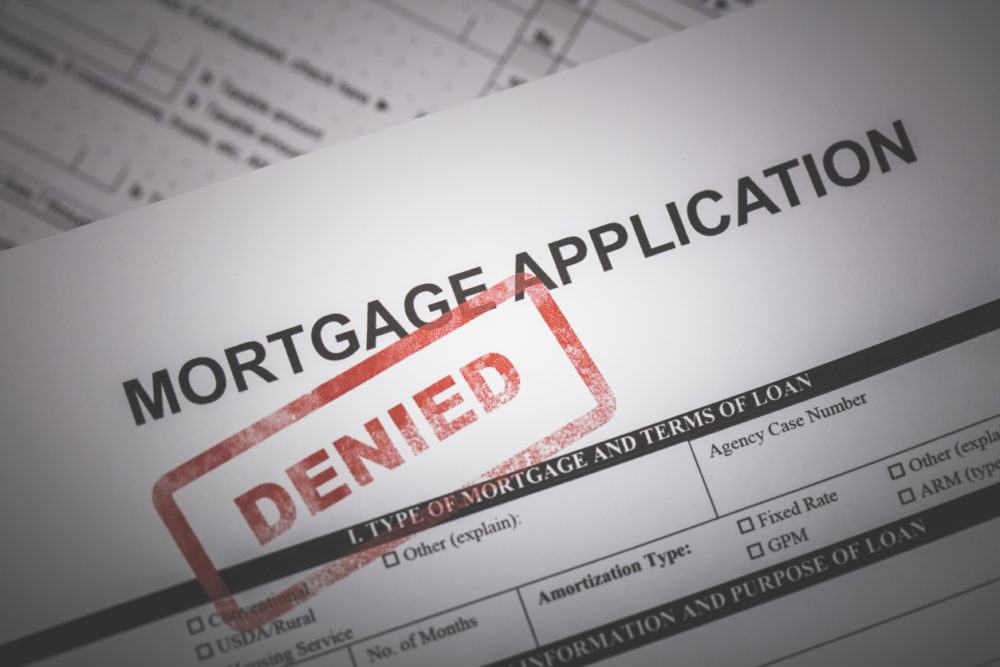[ad_1]
Congress enacted the Home Mortgage Disclosure Act (HMDA) in 1975 to increase lending opportunities in urban neighborhoods throughout the United States. However, more than 40 years later, discrimination practices are still salient.
According to a recent study released by real estate data company Clever, African Americans are twice as likely to be denied a mortgage loan to buy a home than white applicants. The research showed that 26% of African American applicants were denied mortgages compared to 10% of white American applicants. Other key findings from the survey include:
- Discriminatory lending practices are most visible in the South: Only 76% of black applicants are approved in Southern states, compared to 89% of white applications.
- More than half of black applicants (52%) had no reason listed for their mortgage being denied.
- African American home buyers are 105% more prone to receiving exorbitant interest rates to buy a home, putting them at higher risk of foreclosure.
- When controlling for income, African Americans are still twice as likely to be denied a mortgage than their white counterparts.
Clever used data collected by the Federal Financial Institutions Examination Council (FFIEC) to help identify possible disparities in lending practices. They also analyzed over 1.7 million applicants from 2016 using the Home Mortgage Disclosure Act database to build the dataset for their analysis. The numbers painted a picture that hinders the story of progression for blacks in the mortgage lending space. Clever reviewed regions of the country where African Americans were at an increased probability of experiencing lending discrimination. If you live in southern states such as Kansas, South Carolina, Mississippi, Louisiana, and Arkansas, your chances of being approved for a mortgage would be lower than average. Without controlling for income, the study showed that 49% of black applicants were denied mortgages compared to 8% of white applicants.
Reveal and The Center for Investigative Reporting conducted interviews with lenders and homebuyers to better understand the racial disparities during the mortgage lending process. The responses reveal that credit scores and debt-to-income ratios are leading factors. But the problem lies in the HMDA policy mandates that don’t require key applicant metrics such as credit scores and debt-to-income ratios to be disclosed to the public. The Dodd-Frank Act explicitly amends HMDA to require lenders to disclose these important metrics to the public while keeping applicant identities confidential.
What’s the solution?
According to Clever’s overview of the mortgage study, the Dodd-Frank bill could impact the mortgage lending experience for African Americans.
“If there’s one sliver of hope within this rather bleak analysis, it’s that the Dodd-Frank bill requires several new applicant metrics to be recorded by mortgage lenders for 2018 data sets and beyond. Data points like credit scores, fees, prepayment penalties, and interest rates will be available to the public, allowing for greater transparency into predatory and discriminatory lending practices.”
New legislation and standards may not cure the problem or unravel years of discrimination, but it can be a step in the right direction.
[ad_2]
Source link

